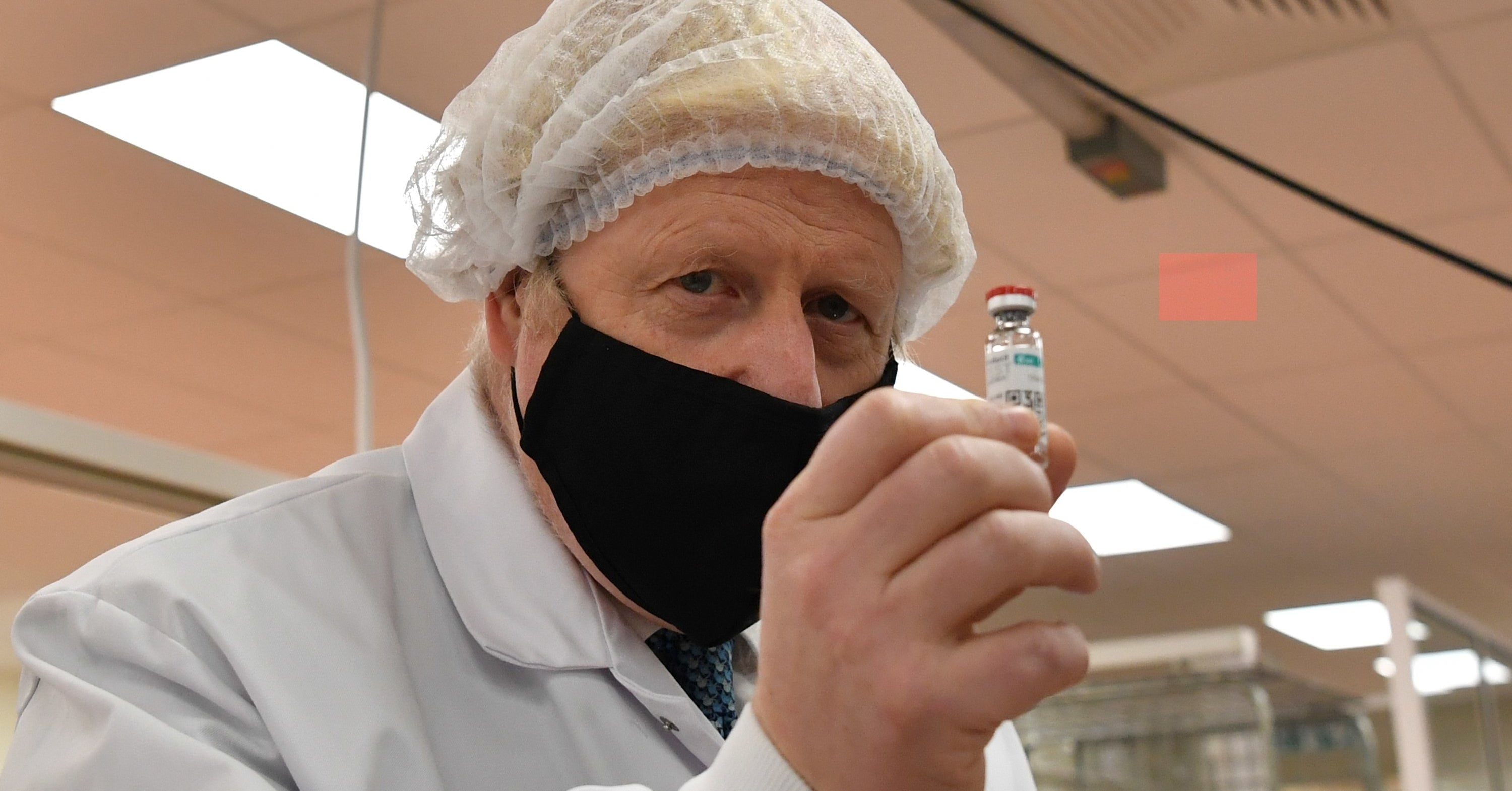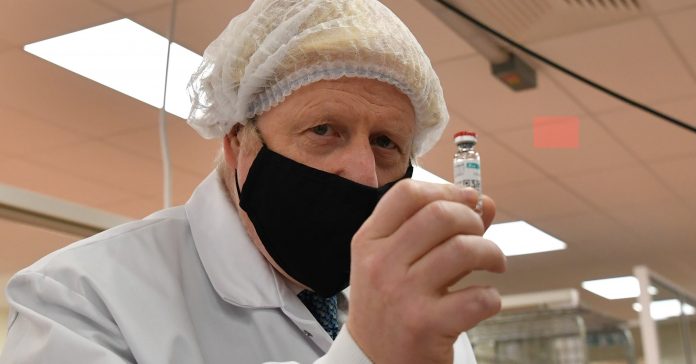
The United Kingdom will begin vaccinating members of the public against the coronavirus next week — a major milestone in the worldwide race to combat a pandemic that has killed 1.5 million people.
The UK government on Wednesday became the first Western country to officially authorize one of the dozen or so vaccines that have been in development since the pandemic began. Citing “months of rigorous clinical trials and a thorough analysis of the data,” the UK approved Pfizer and BioNTech’s vaccine, which trials showed to be safe and 95% effective at blocking COVID-19.
In a television interview, UK Health Secretary Matt Hancock praised the speed of his government’s regulators but added, “The vaccine wouldn’t be approved if it wasn’t clinically safe.”
The Pfizer vaccine is one of three for which early trial data has been disclosed so far. Trial results for the second, made by Moderna, showed it to be 94% effective. The makers of the third, Oxford University and AstraZeneca, have released data showing 70% effectiveness overall, though questions have been raised about the trial’s design. All of the vaccines require two shots to work. The UK has yet to approve the Moderna or Pfizer vaccines.
In the United States, both the Pfizer vaccine and the Moderna vaccine are awaiting emergency approval from the Food and Drug Administration. On Dec. 10, an FDA panel will meet to consider authorizing the Pfizer vaccine.
Though initial vaccinations are likely to begin this month, ensuring enough people have received it to bring the pandemic under control will be a major logistical challenge spanning months. The companies that produce approved vaccines will need to manufacture many millions of doses, and governments around the world will need to buy them, store them, and figure out how to get them to people as quickly as possible.
Pfizer’s vaccine needs to be stored at ultra-cold -70 degree Celsius temperatures, creating extra challenges to distributing it easily and equitably.
Who should receive the first available vaccinations is a subject of intense debate. The UK’s first doses will likely go to healthcare workers, because of their heavy exposure to the virus but also because the Pfizer vaccine must be stored in extremely cold temperatures, which is easier to do in hospitals. Next in line will be elderly people living in nursing homes and the people who care for them.
In the US, a CDC panel on Tuesday voted to recommend that healthcare workers and people living in nursing homes should be vaccinated ahead of everyone else. The panel’s recommendations will help state governors decide who gets top priority.





